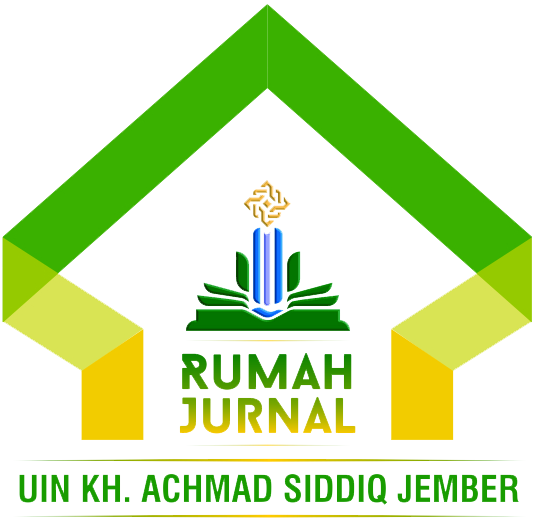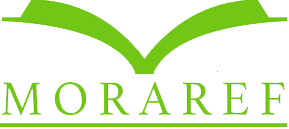The Impact of Digital Storytelling on 7th Grade Students’ Speech Skills at MTs Situbondo
DOI:
https://doi.org/10.35719/crewjournal.v2i2.1930Keywords:
speaking Skill, Digital Story TellingAbstract
Speaking is the ability to share ideas, feelings, and so on to have an interaction with others. Mastering English is needed by the students. However, had low speaking proficiency and they were afraid to make mistakes. students Therefore, Quasi Experimental is a method that used to improve the students speaking skills. The question of this research is How the effect of using digital storytelling on students speaking Skills?. However, the objective of this research is to measure whether or not there is any significant effect of digital storytelling (DST) in improving speaking Skills. The research was Quantitative Research especially a Quasi-Experimental Non-equivalent Control Group Design. The research was conducted with two groups, namely experimental group (15 students) and control group (17 students). There are three stages in this research, namely; Pre-test, treatment, and Post-test. However, after the treatment, the researcher gave Post-test for both groups. Pre-test and Post-test were collected then analyzed the independent one way ANOVA by using SPSS V20. The mean of pre-test in experimental class was 55 and the mean of post-test in experimental class was 83 (83 >55). While, the mean of pre-test in control class was 45 and the mean of post-test in control class was 57 (45 >57). So, the mean of post-test in experimental group was higher than control group. Moreover, This can also be seen from the results of the hypothesis test, the One Way ANOVA test, which obtained a sig score of 0.023. In accordance with decision making in the One Way ANOVA test, namely if p < 0.005 then Ho is rejected and Ha is accepted. So, the result that can be concluded is that Ha was accepted, so the research concluded that with the treatment given to these students there was an increase in the students' speaking skills.
Downloads
Published
How to Cite
Issue
Section
License
Copyright (c) 2023 Siti Nurul Quratul Aini, Siti Khodijah

This work is licensed under a Creative Commons Attribution-NonCommercial 4.0 International License.

















